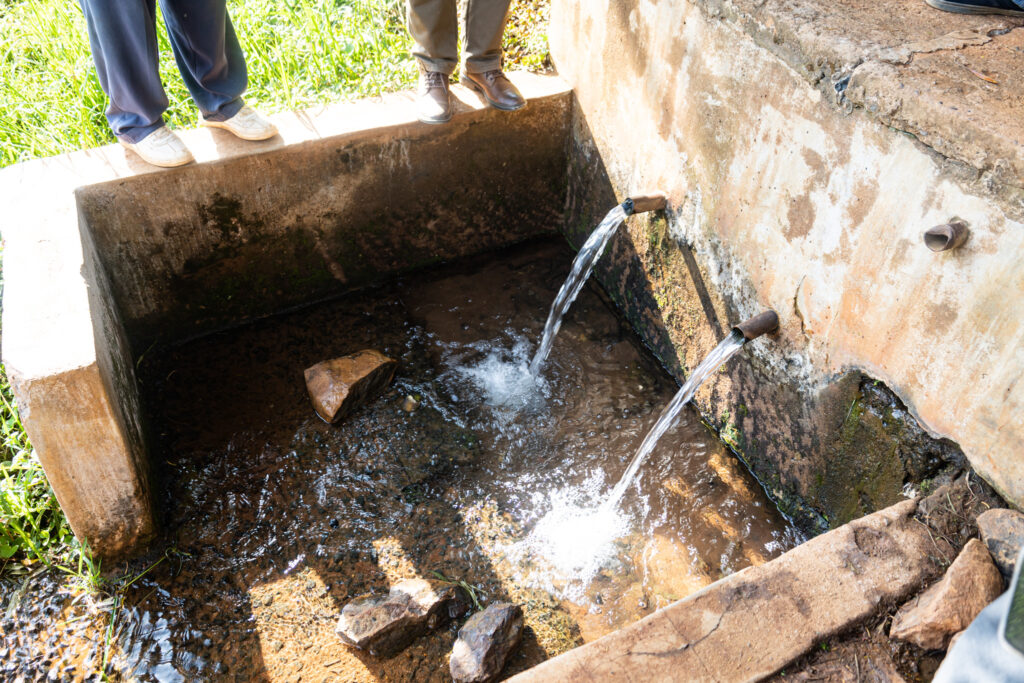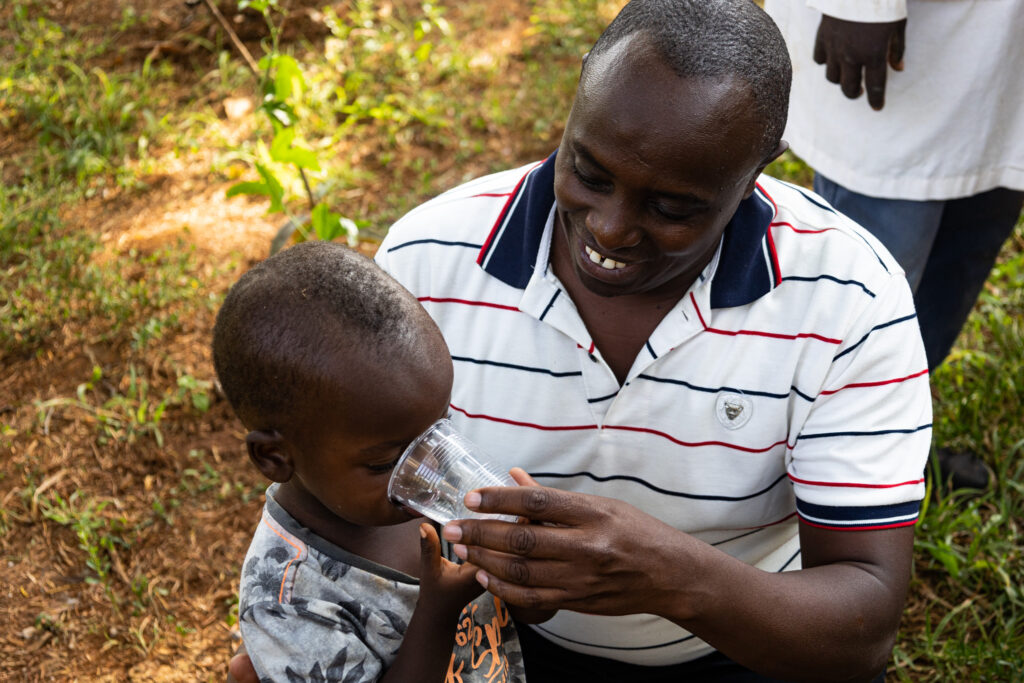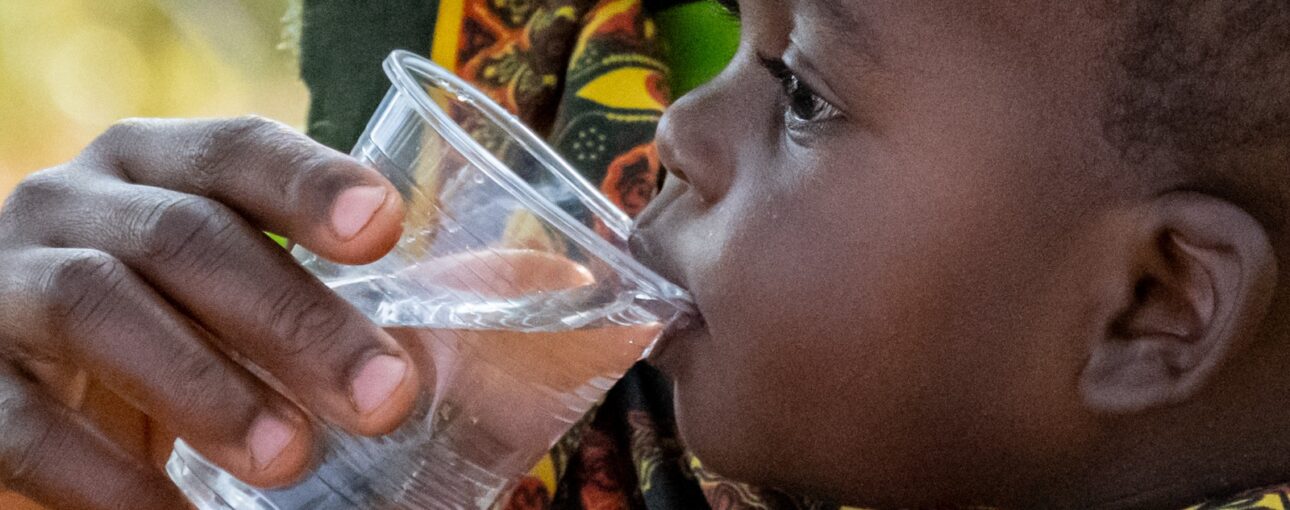Drinking a glass of water is a trivial routine for many, but for millions of people worldwide accessing safe water still requires long journeys or strenuous work. In 2020, 1 in 4 people lacked access to water that was free from contamination and available when needed, and 1 in 10 people still needed to walk more than 30 minutes to collect safe water, according to a report by UNICEF and WHO.
In the rural community of Meru county/Kenya, access to clean and safe water has been a challenge for many years. The most significant impact was felt by the women in the community, who faced the risk of contracting diseases such as typhoid and cholera as they fetched water from stagnant sources. Add to this the 3km journey from their home to the closest water source. Valuable time that could be put towards productive work was squandered in the hours it took to go back and forth to retrieve the water.
In 2022 Raising, With the support of the African Activists for Climate Justice (AACJ) project, the community restored a protected water spring—creating access to clean and safe drinking water for 200 households in Kanayenje village: The kanyenje spring

“We would have to cross more than 2km to find the water with children on our back. Thanks to the restoration of this spring, most of the women of Kanyenje feel relieved” explain washira , a woman who lives in the loacality.
As part of our partnership methodology, the project has held monthly village meetings where community members could bring their voices and ideas to the table and discuss issues related to the water springs. This new spring have ushered a multitude of change in the village, including the development of a water sanitation and hygiene committee trained to help with maintenance and management related to the spring, as well as hygiene and sanitation.
Through the rehabilitation of existing springs, and the introduction of hygiene practices and water committees, we work to ensure that millions have sustainable access to water and proper sanitation. Working directly with communities in need enables us to restore dignity and overcome the daily indignities and diseases associated with water poverty.
AACJ is supporting the PACJA to work with communities around the ecologically important Meru County, a central region in Kenya to conserve and rehabilitate the environment, particularly related to wetland and grazing land management and community-based natural resource management.

Focus on the poor and marginalized populations and women’s roles, the project aims also to support poor and marginalized populations to acquire one of the most basic human needs—water supply and sanitation. It not only benefits women and children whose lives and health are impacted most adversely by the lack of accessible clean water and sanitation and the burden of fetching water over long distances. It also highlights women’s knowledge and responsibilities as managers of water at the household level and their potential roles in community water committees.
Through these sorts of inclusive engagements, communities are building their resilience to the effects of climate change and are leading improved management of wetlands and rangelands in Meru.

